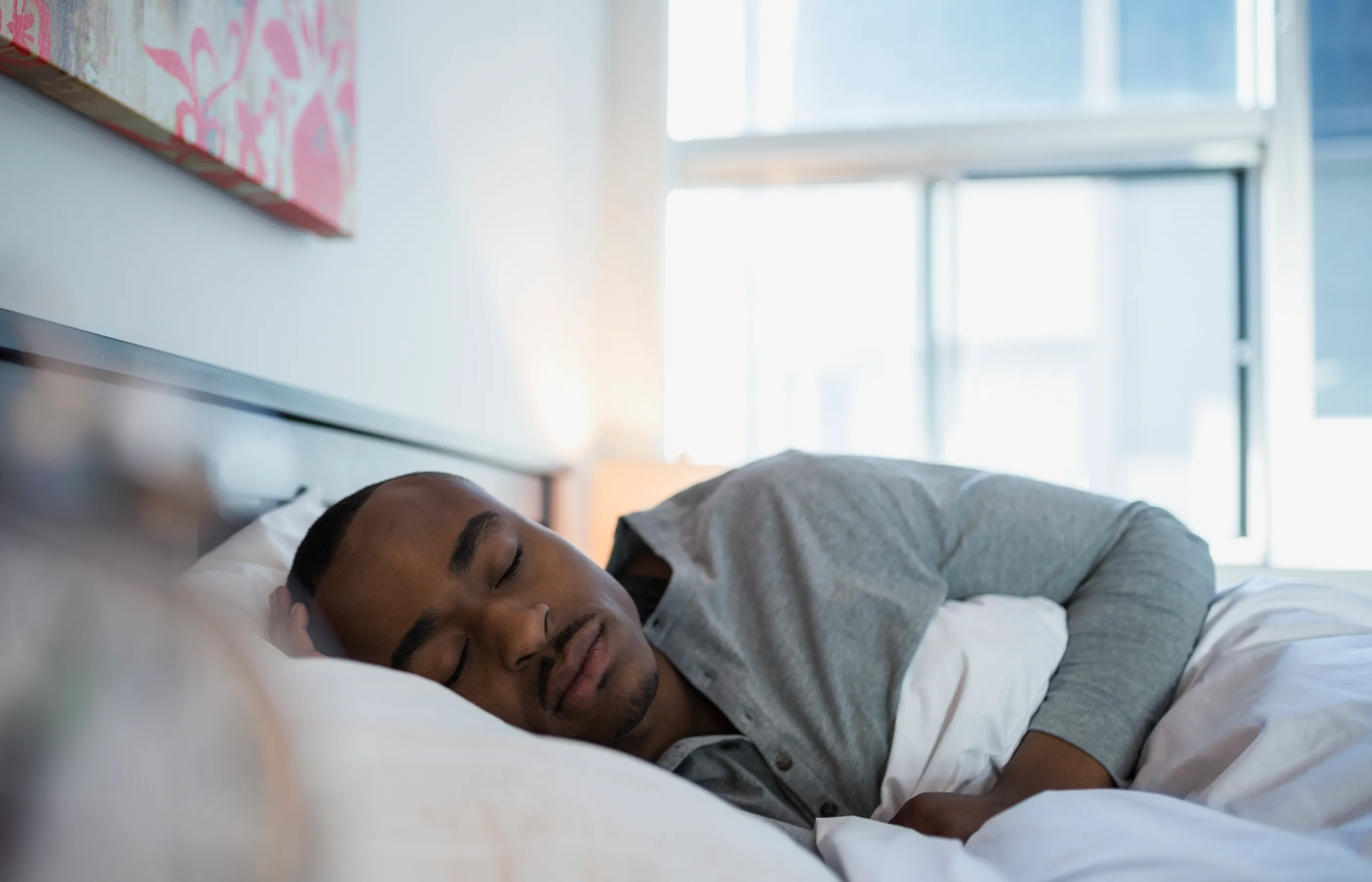Sleep Conditions That Can Affect Your Health
Get the restful sleep you need.
If you are experiencing chronic sleep problems, let our sleep specialists at Novant Health help before your fatigue aggravates or causes other health problems. We diagnose and treat insomnia, narcolepsy, restless leg syndrome and other chronic sleep disorders.
Common sleep health conditions
Pediatric sleep conditions

Coping with difficulty sleeping
Determining whether you have a sleep condition and what it is can be challenging, because lifestyle and temporary conditions can also affect how well you sleep.
That’s why many sleep specialists will ask you to keep a log of your sleep difficulties in a bedside journal. This can help you and your provider understand how your sleep is being disturbed, what might be causing it and begin treating it sooner.
Temporary sleep problems without a condition
Many things can temporarily disturb how well we sleep, including anxiety, stress, restlessness, new medications, sleeping with a casted arm, excessive caffeine or alcohol. If your sleeping difficulties persist, or you begin feeling sleepy more often, share you concerns with your provider.
Get the right diagnosis and find the right treatments
Finding the correct diagnosis for sleep disorders can be complicated. There are over 100 known sleep conditions, many of which significantly overlap in symptoms. To correctly diagnose your condition, your sleep specialist may refer you for a sleep monitoring test.
Once you’ve been diagnosed, your sleep specialist may refer you to other specialists for further evaluation and treatment. Because you may not tolerate some treatments, finding one that works for you may require consulting with several specialists.
